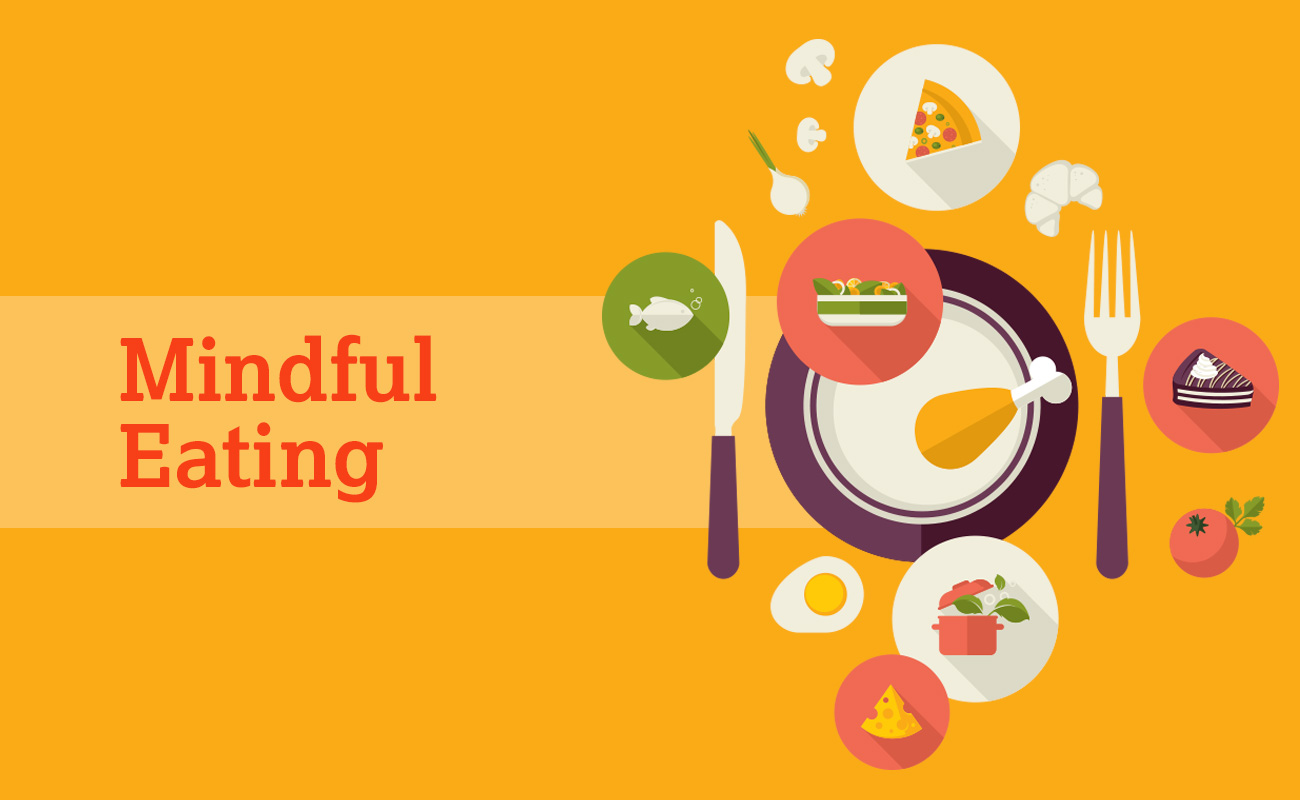Outline:
H1: Introduction
- H2: Why Weight Loss Matters
- H2: The Emotional Journey of Weight Loss
H1: Mindful Eating
- H2: Understanding Hunger Signals
- H2: Practicing Portion Control
- H2: Avoiding Emotional Eating
H1: Regular Exercise
- H2: Finding Activities You Enjoy
- H2: Creating a Consistent Routine
- H2: Incorporating Strength Training
H1: Hydration and Nutrition
- H2: Importance of Hydration
- H2: Choosing Nutrient-Dense Foods
- H2: Building a Balanced Plate
H1: Stress Management
- H2: Impact of Stress on Weight
- H2: Techniques for Stress Reduction
- H2: Prioritizing Self-Care
H1: Quality Sleep
- H2: Link Between Sleep and Weight
- H2: Establishing a Bedtime Routine
- H2: Creating a Restful Sleep Environment
H1: Conclusion
H1: FAQs
- H2: Can I lose weight without exercise?
- H2: How much water should I drink for weight loss?
- H2: Is it okay to indulge occasionally while trying to lose weight?
- H2: What role does mindset play in weight loss success?
- H2: How long does it take to see results from weight loss efforts?
The Best 5 Ways to Lose Weight
Introduction
In a world obsessed with appearance and health, the quest for weight loss is often fraught with challenges and setbacks. Shedding those extra pounds isn't just about fitting into skinny jeans or achieving a certain number on the scale; it's about reclaiming confidence, improving health, and embracing a happier, more vibrant life. So, let's embark on this emotional journey together and explore the five best ways to lose weight while nurturing your body and soul.
Why Weight Loss Matters
Weight loss goes beyond aesthetics; it's about enhancing overall well-being. Excess weight can lead to various health issues, including heart disease, diabetes, and joint pain. By shedding pounds, you not only reduce your risk of these ailments but also boost your energy levels and enhance your quality of life.
The Emotional Journey of Weight Loss
Losing weight isn't just a physical challenge; it's an emotional rollercoaster. It's normal to experience frustration, self-doubt, and even guilt along the way. However, it's essential to cultivate self-compassion and celebrate every small victory, no matter how insignificant it may seem.
Mindful Eating

Understanding Hunger Signals
In our fast-paced society, it's easy to lose touch with our body's hunger cues. Mindful eating involves tuning into your body's signals and eating when you're genuinely hungry, rather than out of boredom or emotions.
Practicing Portion Control
Portion sizes have ballooned over the years, leading to overconsumption and weight gain. By practicing portion control, you can enjoy all your favorite foods while still achieving your weight loss goals. Remember, it's not about deprivation; it's about moderation.
Avoiding Emotional Eating
Food often serves as a comfort mechanism during times of stress or sadness. However, turning to food for emotional solace only perpetuates the cycle of overeating. Instead, find alternative ways to cope with your emotions, such as journaling, meditating, or going for a walk.
Regular Exercise

Finding Activities You Enjoy
Exercise doesn't have to be a chore; it can be an enjoyable and fulfilling part of your daily routine. Whether it's dancing, hiking, or playing a sport, find activities that bring you joy and make you feel alive.
Creating a Consistent Routine
Consistency is key when it comes to exercise. Aim to incorporate physical activity into your daily life, whether it's hitting the gym before work or going for a brisk walk during your lunch break. By making exercise a non-negotiable part of your routine, you'll reap the rewards in no time.
Incorporating Strength Training
While cardio is essential for burning calories, don't overlook the importance of strength training. Building lean muscle mass not only boosts your metabolism but also enhances your overall strength and endurance.
Hydration and Nutrition

Importance of Hydration
Water is your body's best friend when it comes to weight loss. Not only does it keep you hydrated and energized, but it also helps curb cravings and flushes out toxins. Aim to drink at least eight glasses of water a day to stay hydrated and satiated.
Choosing Nutrient-Dense Foods
When it comes to nutrition, quality matters more than quantity. Focus on filling your plate with whole, nutrient-dense foods like fruits, vegetables, lean proteins, and whole grains. These foods not only provide essential nutrients but also keep you feeling full and satisfied.
Building a Balanced Plate
A balanced plate consists of a combination of protein, carbohydrates, and healthy fats. Aim to fill half your plate with vegetables, a quarter with lean protein, and a quarter with whole grains or starchy vegetables. This balanced approach ensures you get all the nutrients your body needs without overindulging in any one food group.
Stress Management

Impact of Stress on Weight
Chronic stress wreaks havoc on your body and mind, leading to weight gain and emotional eating. By managing stress effectively, you can break free from the cycle of stress-induced overeating and make healthier choices.
Techniques for Stress Reduction
There are various techniques for managing stress, from deep breathing exercises to yoga to mindfulness meditation. Find what works best for you and incorporate it into your daily routine to keep stress at bay and promote overall well-being.
Prioritizing Self-Care
Self-care isn't selfish; it's essential for maintaining your physical, mental, and emotional health. Make time for activities that nourish your soul, whether it's reading a book, taking a bubble bath, or spending time with loved ones. Remember, you can't pour from an empty cup, so prioritize self-care to be the best version of yourself.
Quality Sleep

Link Between Sleep and Weight
Sleep isn't just a luxury; it's a vital component of weight loss and overall health. Lack of sleep disrupts hormone levels, increases cravings for high-calorie foods, and impairs decision-making, making it harder to stick to your weight loss goals.
Establishing a Bedtime Routine
Creating a bedtime routine signals to your body that it's time to wind down and prepare for sleep. Start by turning off electronic devices, dimming the lights, andengaging in relaxing activities like reading or taking a warm bath. Consistency is key, so aim to go to bed and wake up at the same time every day, even on weekends.
Creating a Restful Sleep Environment
Your sleep environment plays a significant role in the quality of your rest. Make your bedroom a sanctuary for sleep by investing in a comfortable mattress and pillows, blocking out noise and light, and keeping the temperature cool and comfortable.
Conclusion
Embarking on a weight loss journey is both challenging and rewarding. Byincorporating mindful eating, regular exercise, hydration and nutrition, stress management, and quality sleep into your lifestyle, you can achieve sustainable weight loss.

You must be logged in to post a comment.